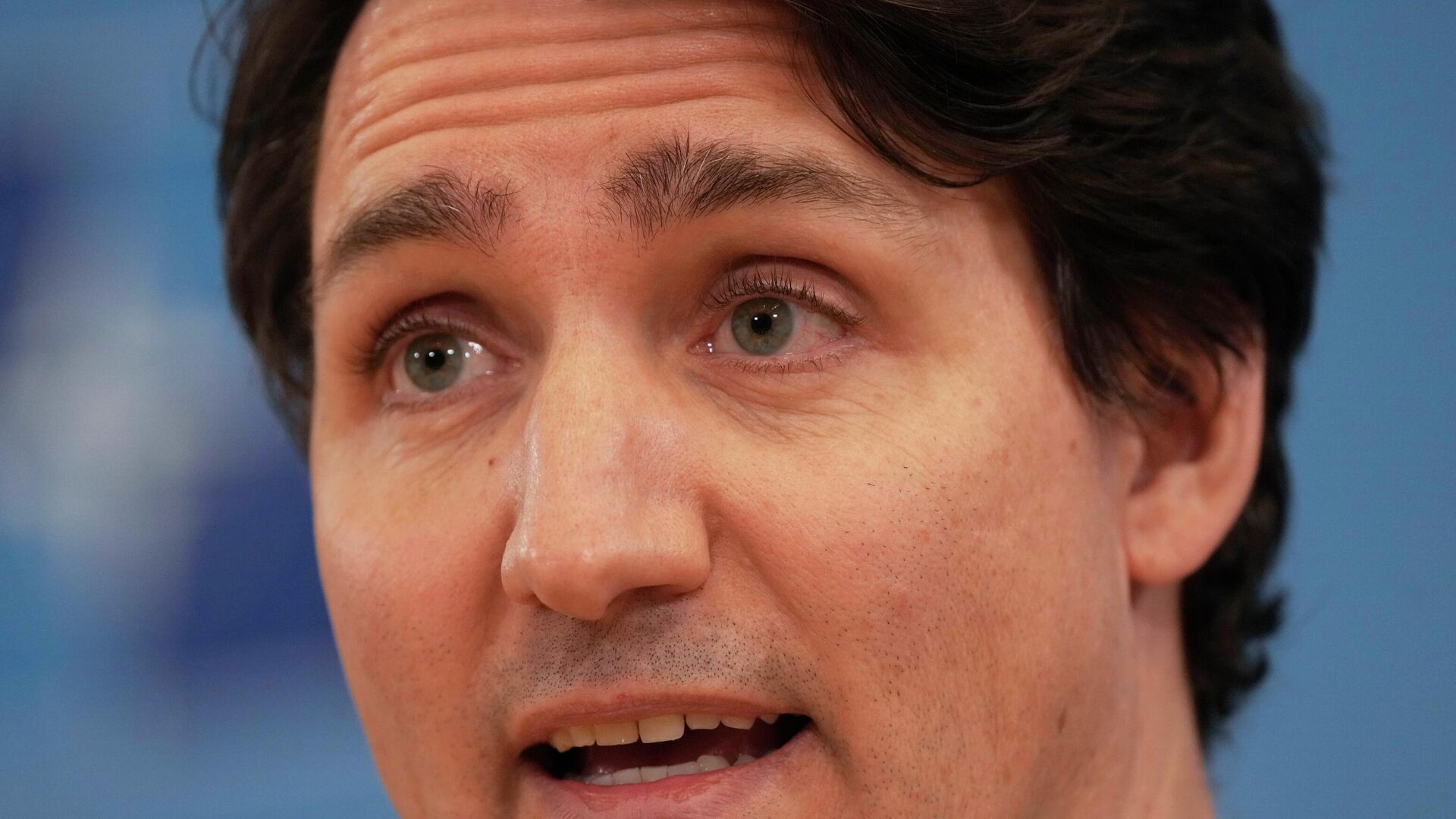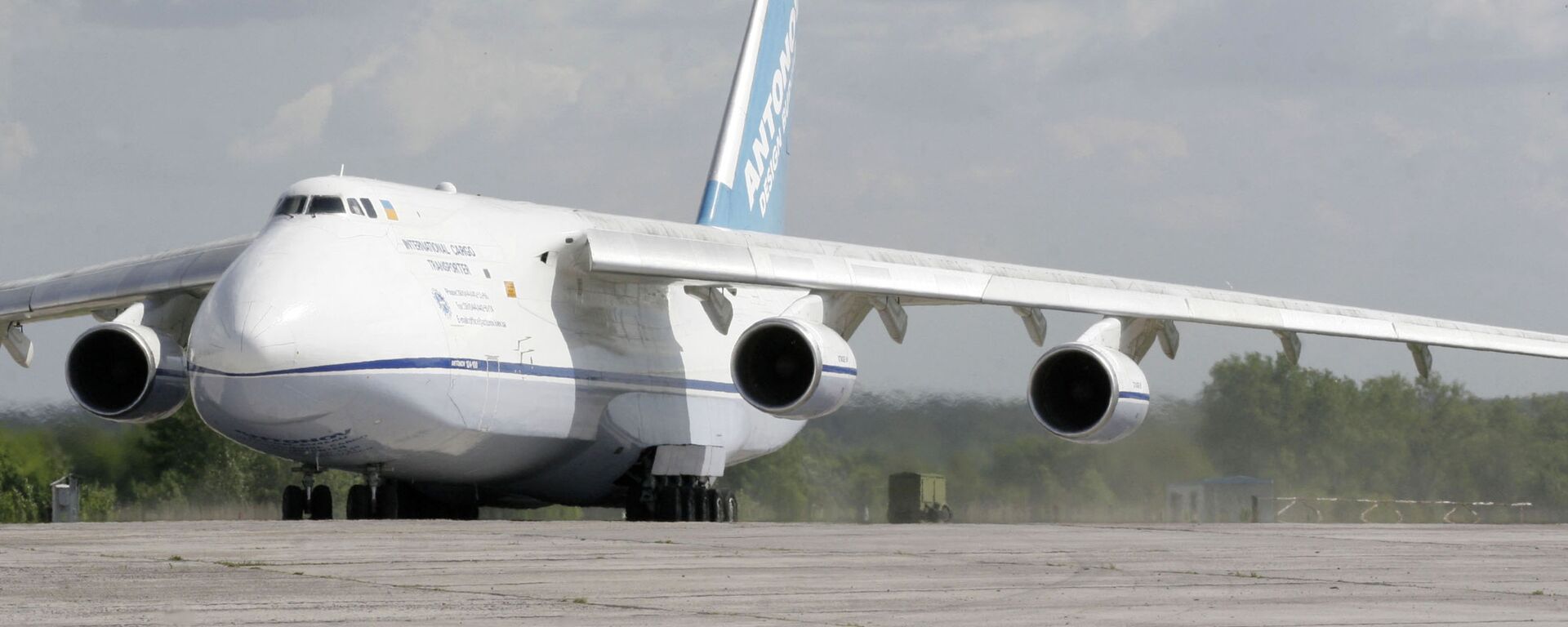https://sputnikglobe.com/20220606/any-move-by-canada-to-seize-russian-assets-illegal-under-international-law---us-authority-1096072203.html
Any Move by Canada to Seize Russian Assets Illegal Under International Law - US Authority
Any Move by Canada to Seize Russian Assets Illegal Under International Law - US Authority
Sputnik International
WASHINGTON (Sputnik) - The confiscation of Russian property under legislation now moving toward approval by the parliament of Canada is illegal under... 06.06.2022, Sputnik International
2022-06-06T22:04+0000
2022-06-06T22:04+0000
2022-06-06T22:04+0000
justin trudeau
canadian house of commons
international law
https://cdn1.img.sputnikglobe.com/img/07e6/04/17/1094999676_0:0:3101:1745_1920x0_80_0_0_faa2c45874390568c88654bd807b53d1.jpg
"That is the correct conclusion under international law," University of Illinois Professor of International Law Francis Boyle said. "Under the current circumstances, it would be illegal to seize Russian assets, confiscate them and then distribute the proceeds to Ukraine."The proposed new powers are contained in the current budget implementation bill C-19 which the House of Commons, the main chamber of the Canadian parliament, is expected to pass later this month.The measure will give the Ottawa federal government of Prime Minister Justin Trudeau the power to seize Russian government assets in the country and sell them off to then use the proceeds to support Ukraine.However, under accepted international law, such action would only be legal and permissible if Canada, the United States or any other nation declared war on Russia before seizing its assets, Boyle noted.Indeed, if Trudeau's government or other nations pushed ahead with such measures that were clearly illegal under established international law, Russia would have the right to retaliate in kind, Boyle said."If this were to occur, Russia would be entitled to take countermeasures against states confiscating their assets in the absence of a formal declaration of war," he said.This legal principle would also be true for the United States and European Union member states as well, Boyle added.Earlier on Monday EU foreign policy chief Josep Borrell said the bloc should consider exploiting Russia's foreign exchange reserves, frozen after Moscow launched its special military operation in Ukraine, for the reconstruction of Ukraine after the hostilities ceased.Borrell said there is a precedent for confiscating a nation's reserve funds with their subsequent use for humanitarian efforts. Such a decision was made by the United States in March, when President Joe Biden ruled to forward $3.5 billion from Afghanistan's frozen foreign exchange assets to a fund providing humanitarian aid to the Afghan people, he said.
https://sputnikglobe.com/20220603/canada-breached-own-sanctions-legislation-by-grounding-russian-cargo-jet---embassy-1095988822.html
https://sputnikglobe.com/20220518/pain-in-the-assets-brussels-reportedly-mulls-giving-russian-tycoons-seized-cash-to-kiev-as-loans-1095610838.html
Sputnik International
feedback@sputniknews.com
+74956456601
MIA „Rossiya Segodnya“
2022
Sputnik International
feedback@sputniknews.com
+74956456601
MIA „Rossiya Segodnya“
News
en_EN
Sputnik International
feedback@sputniknews.com
+74956456601
MIA „Rossiya Segodnya“
Sputnik International
feedback@sputniknews.com
+74956456601
MIA „Rossiya Segodnya“
justin trudeau, canadian house of commons, international law
justin trudeau, canadian house of commons, international law
Any Move by Canada to Seize Russian Assets Illegal Under International Law - US Authority
WASHINGTON (Sputnik) - The confiscation of Russian property under legislation now moving toward approval by the parliament of Canada is illegal under international law, and, if it happens, Russia would be entitled to take countermeasures, a leading US authority who has worked with the United Nations told Sputnik on Monday.
"That is the correct conclusion under international law," University of Illinois Professor of International Law Francis Boyle said. "Under the current circumstances, it would be illegal to seize Russian assets, confiscate them and then distribute the proceeds to Ukraine."
The proposed new powers are contained in the current budget implementation bill C-19 which the House of Commons, the main chamber of the Canadian parliament, is expected to pass later this month.
The measure will give the Ottawa federal government of Prime Minister Justin Trudeau the power to seize Russian government assets in the country and sell them off to then use the proceeds to support Ukraine.
However, under accepted international law, such action would only be legal and permissible if Canada, the United States or any other nation declared war on Russia before seizing its assets, Boyle noted.
"According to the international laws of war, it would require a formal Declaration of War by any of these states against Russia before they could seize and confiscate Russian assets. And even then they would still be bound to observe their respective constitutional requirements," he said.
Indeed, if Trudeau's government or other nations pushed ahead with such measures that were clearly illegal under established international law, Russia would have the right to retaliate in kind, Boyle said.
"If this were to occur, Russia would be entitled to take countermeasures against states confiscating their assets in the absence of a formal declaration of war," he said.
This legal principle would also be true for the United States and European Union member states as well, Boyle added.
Earlier on Monday EU foreign policy chief Josep Borrell said the bloc should consider exploiting Russia's foreign exchange reserves, frozen after Moscow launched its special military operation in Ukraine, for the reconstruction of Ukraine after the hostilities ceased.
Borrell said there is a precedent for confiscating a nation's reserve funds with their subsequent use for humanitarian efforts. Such a decision was made by the United States in March, when President Joe Biden ruled to forward $3.5 billion from Afghanistan's frozen foreign exchange assets to a fund providing humanitarian aid to the Afghan people, he said.



